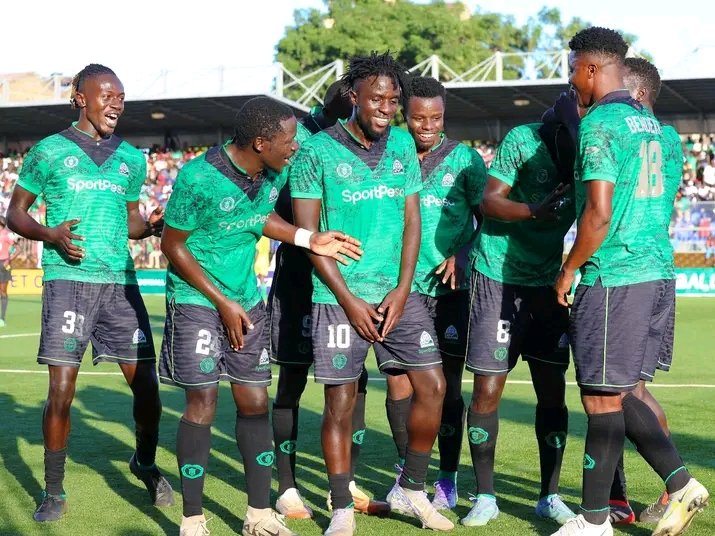
Kenyan Premier League giants, Gor Mahia, are gearing up for a major overhaul of the playing unit as the club continues to make significant changes in a bid to bounce back strongly from a season that ended without a trophy for the first time since 2013.
Founded in 1968, this Kenyan football powerhouse has enjoyed a storied history, marked by numerous domestic and continental triumphs. However, the 2022-2023 season brought an unprecedented challenge: a trophy-less campaign for the first time since 2013.
In the wake of this disappointing season, Gor Mahia find themselves at a crossroads, prompting a comprehensive overhaul of both their squad and operational strategies.
The most immediate response to the club's lacklustre performance has been the dismissal of the entire technical bench, including the CEO, Ray Oruo, and interim head coach Zedekiah "Zico" Otieno.
Gor Mahia chairman, Ambrose Rachier, said the decision to initiate such sweeping changes reflects a commitment to accountability and a desire to restore the club's competitive edge.
He indicated that a significant number of players will also be released as part of the restructuring process, adding that this decision is grounded in a thorough evaluation of player performances over the past season. "Some of our players have contracts that are up. We will take into account those we believe should be renewed," Rachier said.
"We had to make a drastic decision because of the incident," he added. The evaluation process will be conducted by qualified coaches, ensuring that decisions are made based on merit rather than sentiment.
"After being evaluated by qualified coaches and taking into account their total performance, those who have not reached the performance threshold will also be released."
This marks a departure from past practices where player loyalty sometimes overshadowed performance. "By adopting a more results-oriented mindset, Gor Mahia can cultivate a squad that embodies the competitive spirit necessary to reclaim its position as a dominant force in Kenyan football," Rachier said.
However, the challenge of player management extends beyond mere performance metrics. The club must navigate the complexities of contract negotiations, particularly for those players whose contracts are set to expire. Rachier's said these negotiations will be conducted on "mutual grounds" to foster goodwill among players, even in the face of difficult decisions.
"This approach not only mitigates the risk of FIFA-related disputes—such as the fines incurred for improper contract terminations—but also preserves the club's reputation as a fair and professional entity in the eyes of current and prospective players," he said
Another critical aspect of Gor Mahia's restructuring involves addressing the persistent concerns surrounding gate collections and financial transparency.
The recent Mashemeji Derby, which generated a mere Sh 2.15 million in gate receipts despite a full stadium, has raised eyebrows and fueled discontent among fans and stakeholders alike.
The discrepancies in financial reporting have led to accusations of mismanagement and corruption, necessitating a thorough review of the club's financial practices.
Vice Chairperson Sally Bolo's admonition of fans who evade the ticketing process highlights the need for a cultural shift among supporters.
"While the responsibility for financial accountability lies primarily with the club's management, fans also play a crucial role in supporting their team through legitimate means," she said.
Rachier acknowledged the need for improved security and transparency at entry points. "By implementing stricter measures to distinguish between stewards and security personnel, the club can enhance the match-day experience while safeguarding its financial interests.
"Moreover, the decision to hire external businesses to manage ticket sales, accompanied by trained security staff at all entrances, signals a commitment to professionalism and efficiency.
This strategic move aims to eliminate any potential conflicts of interest and ensure that gate collections are accurately accounted for.
He reckons prioritising transparency and accountability can help Gor Mahia rebuild trust with its fan base and create a more sustainable financial model moving forward.











